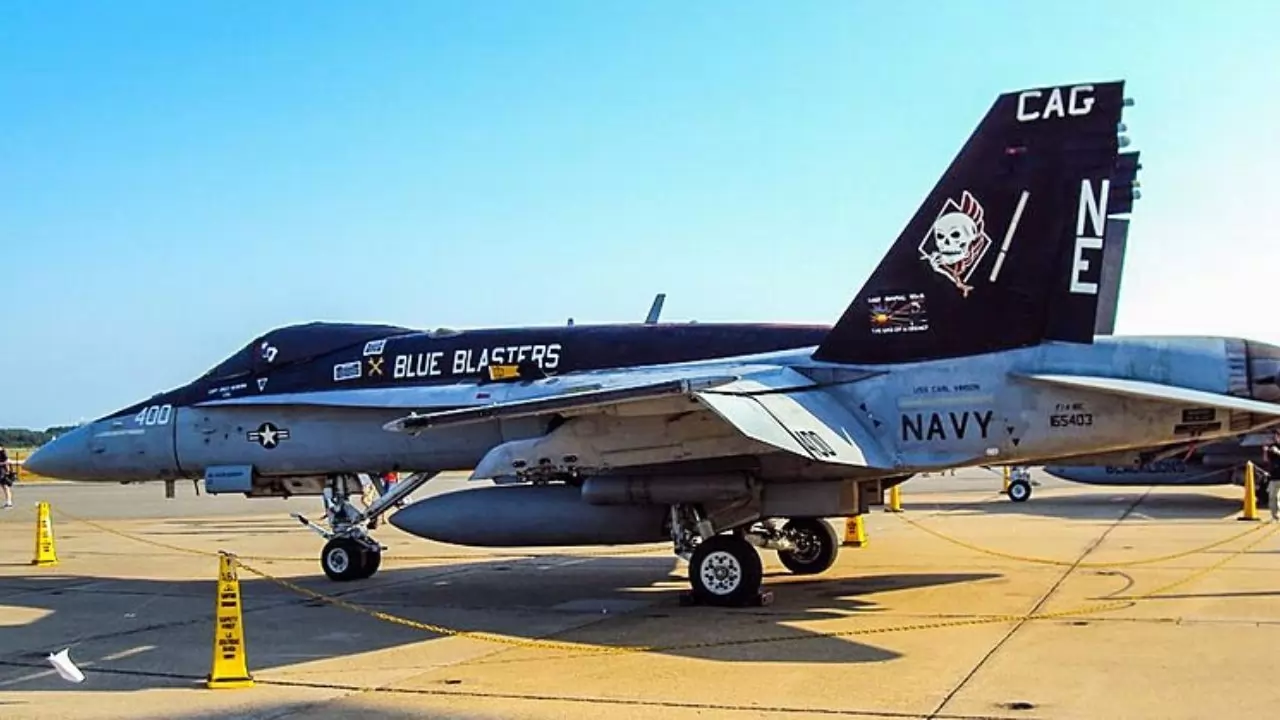
Representative Image (Wikimedia Commons)
New Delhi: India is close to secure a landmark agreement with the United States for the transfer of advanced fighter jet engine technology, expected to be finalized within the next six months.
According to a report by The Economic Times, General Electric Co. has already submitted its techno-commercial proposal, paving the way for in-depth talks on technology transfer. The Indian government is nearing the final approval of a manufacturing license agreement, which will enable the production of GE414-INS6 engines in India as part of the technology transfer agreement.
The proposal submitted by General Electric (GE) is presently undergoing a thorough examination, paving the way for a potential $1 billion agreement that promises to be a game-changer in India's quest for advanced fighter jet engine technology. This landmark deal is expected to facilitate the transfer of a significant 80% of critical technologies, encompassing vital aspects such as the coating of the engine's hot end.
The precision engineering of crystal blades, and cutting-edge laser drilling techniques. As the next round of discussions with GE approaches, all eyes will be on the negotiations that will decisively shape the contours of the technology transfer, ultimately determining its scope and magnitude.
HAL's new engine factory
Hindustan Aeronautics Ltd (HAL), chosen for the deal, has already set aside land in Bengaluru for the new engine factory. The necessary environmental and pollution clearances are being obtained, with the aim of making the facility operational within two years of signing the contract.
India is also working on developing twin-engine deck-based fighters for the navy, which will be powered by the F414 engine. Furthermore, the first two squadrons of the Advanced Multirole Combat Aircraft (AMCA) will also use the same engine, highlighting the significance of this deal for India's defense capabilities.





Copyright © 2025 Top Indian News
